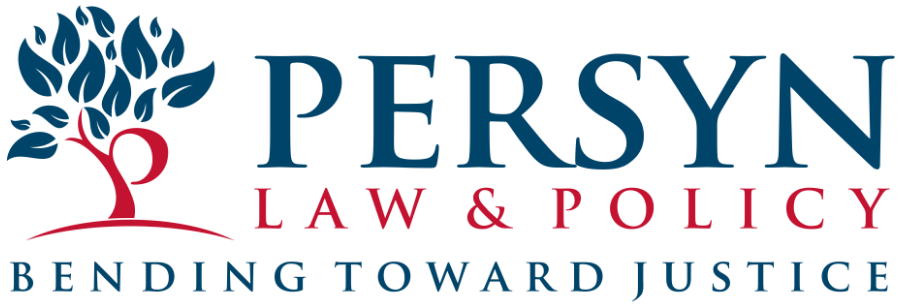Yesterday, the SF Board of Supervisors convened a hearing on the Report that our Blue Ribbon Panel on Transparency, Accountability, and Fairness in Law Enforcement published in July. Interim Police Chief Toney Chaplin was present and responded to questions. However, he declined to provide a timeline for reform of the Department.
I wasn't present; my colleague Ray Marshall spoke on behalf of our Culture Working Group. I remain proud of the work we did. I'm also glad to see that the difficult issues we tackled in our chapter have evolved into the heart of the Report, remarked by judges and Supervisors alike.
Here is the SF Examiner's coverage:
Board of supes gives acting chief an earful on Blue Ribbon Panel report, by Jonah Owen Lamb (Oct. 5, 2016)
Acting Police Chief Toney Chaplin reassured the Board of Supervisors on Tuesday that his department is pushing through with a body of reforms despite claims to the contrary by a Blue Ribbon Panel that found the department has little oversight, lacks transparency and has institutional bias.
“The Blue Ribbon Panel did a fantastic job” said Chaplin, who then added that many of the recommended findings are either in the process of being implemented or have already been put into place, from body cameras, to a use-of-force policy.
But the panel’s head, Anand Subramanian, said he has yet to see any evidence that a majority of the issues found in the report have yet to be addressed by the department.
“I have not seen any substantive indication that any of the report’s recommendations are being considered or implemented,” Subramanian said. “There’s nothing concrete or in place to let me know this is happening.”
Both Chaplin and Subramanian, who heads the Blue Ribbon Panel on Transparency, Accountability and Fairness in Law Enforcement, were at a Tuesday afternoon hearing of the Board of Supervisors in which several of the panel’s three judges and others presented its findings.
The at-times testy hearing raised anew questions about the depth and commitment the department has to reforms, and the role the powerful San Francisco Police Officers Association plays in the department. It also raised questions about how independent the police commission is since it’s an appointed body.
Supervisor Jane Kim wondered whether the reforms are simply boxes being checked off, as has happened in the past, or real, on-the-ground changes in how The City is policed.
“It makes me question how meaningful many of the changes were,” she said, pointing to many past reforms that were made policy but never made a reality. “We are a progressive city … yet they were not implemented. It’s a separate thing to make them a reality in our communities,” Kim said.
“It is working and it is being rolled out,” said Chaplin in response to questions about reforms. “That’s real change and its measure [is] in how we are not shooting people we don’t have to shoot.”
But much of what Chaplin said was not good enough for Supervisor John Avalos, unless a detailed timeline and approach to implementing change was handed over.
“Without that, I just see this gets kind of put on forever and ever until people stop paying attention,” Avalos said.
Another supervisor spoke on the panel’s finding that the POA shapes the department’s culture and that many have come to see the union as one and the same as the department.
“I did not need a Blue Ribbon Report to tell me what I already have known for a long time,” said Supervisor Aaron Peskin, about the power of the POA in city politics and the blurring of the lines between the department and the union.
“We as the governing body, the chief, the commission has to be clear that those lines cannot be blurred. That is on us to make those lines are very clear.”
